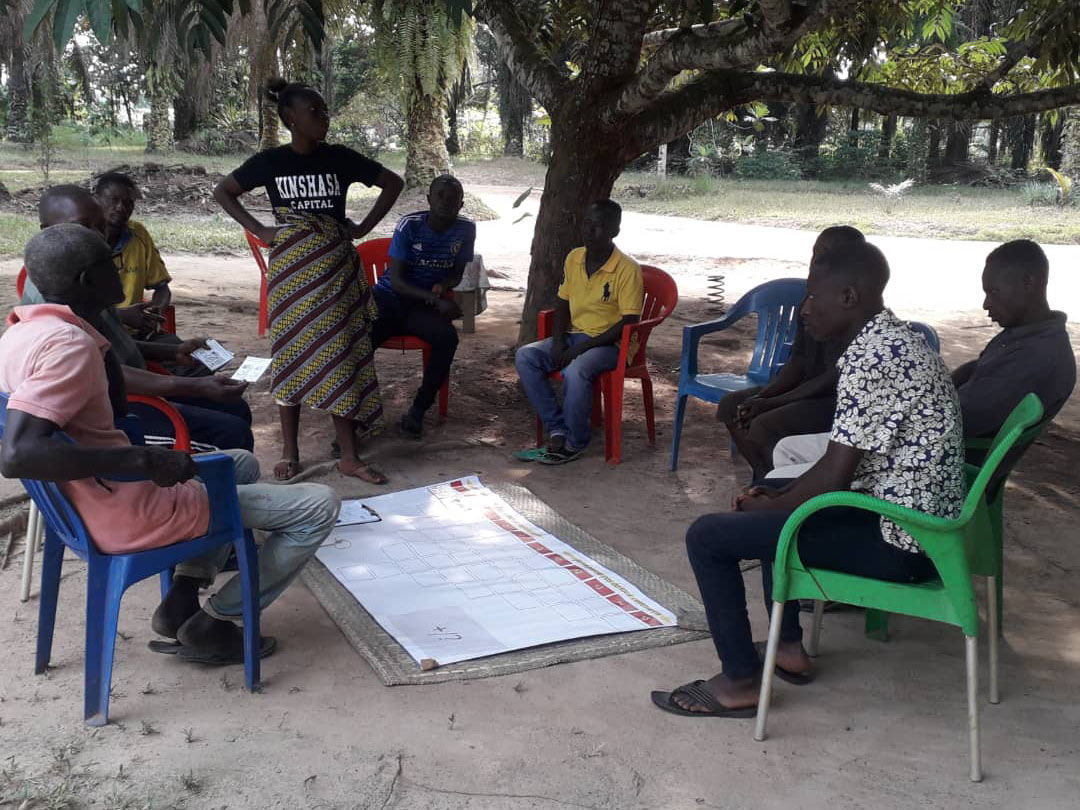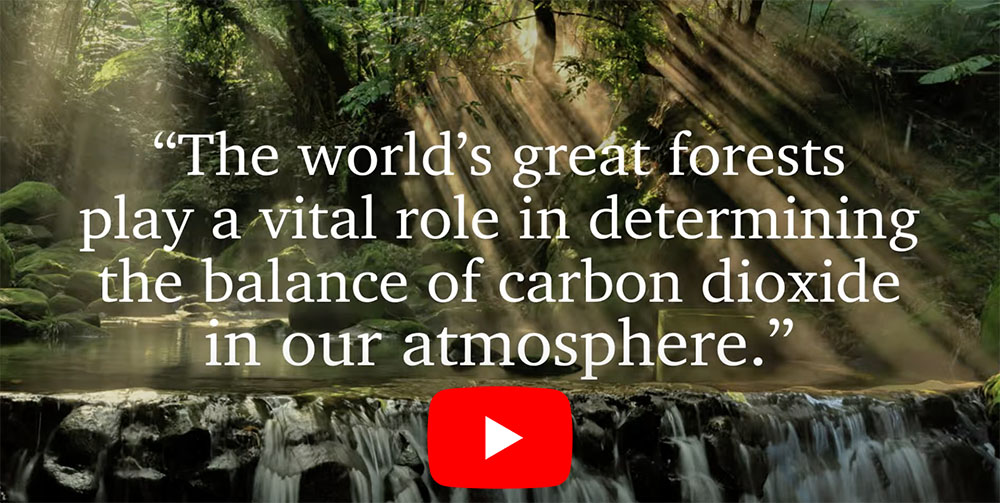
Payment for ecosystem service (PES) schemes are programmes that compensate forest communities for refraining from undertaking extractive uses, such as mining, intensive logging, and clearing. PES schemes can be important policy tools in meeting climate targets but effective deployment demands an understanding of local deforestation drivers and host communities’ preferences.







